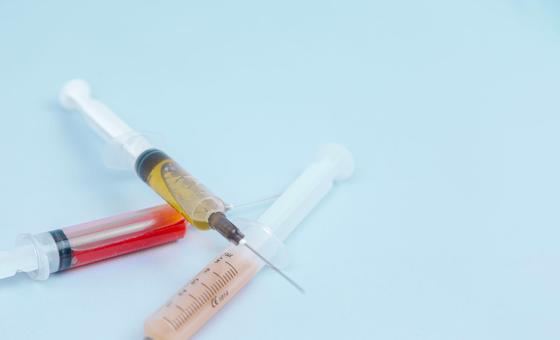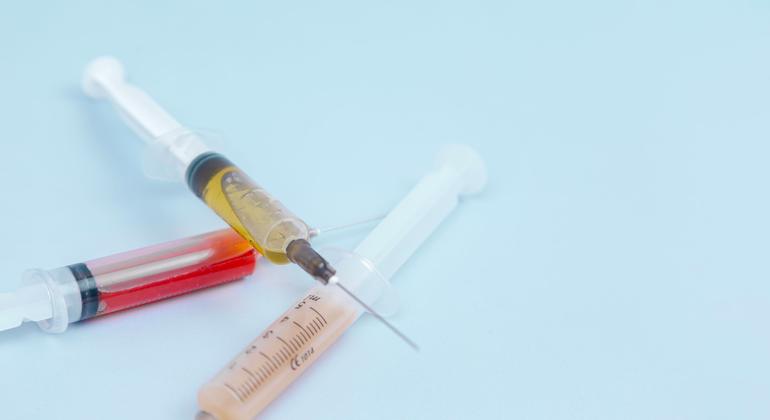
Marginalized groups are disproportionately affected by the blood-borne disease, which can cause serious liver damage and cancer when left untreated, according to Unitaid, a global health agency hosted by the World Health Organization (WHO).
The funding will support the integration of hepatitis C testing and treatment within harm reduction programmes in 10 countries and trial the use of two products to prevent infection: low dead space syringes and new, long-acting formulations of buprenorphine, a medicine that reduces opioid cravings and withdrawal.
The prevention tools and approaches will also help stave off transmission of other blood-borne diseases including HIV.
Awareness and access
“Breakthrough advances in recent years have made hepatitis C treatment highly effective and affordable in most low and middle-income countries. However, limited awareness and insufficient access to care, severely hinder efforts to eliminate the disease, particularly amongst communities where rates of transmission are the highest,” said Unitaid Spokesperson Herve Verhoosel.
Hepatitis C is becoming increasingly relegated to neglected populations that are too often overlooked by global health responses.
Although people who inject drugs represent just 10 per cent of the 58 million people infected with hepatitis C worldwide, injection drug use contributes to 43 per cent of all new infections.
Two important tools
Unitaid explained why low dead space syringes are critical for preventing further spread. These syringes have a smaller reservoir where blood can remain after use, thus limiting the risk of transmitting blood-borne infections when needles are shared.
Meanwhile, slow-release formulations of buprenorphine could provide a valuable option for people who face challenges with daily doses of the oral formulation, such as high out-of-pocket expenses, police harassment, or discrimination.
Worldwide, 80 per cent of people affected by hepatitis C live in low and middle-income countries, where harm reduction has been critically underfunded.
Improving health outcomes
The $31 million investment represents a 20 per cent increase in global funding that supports harm reduction efforts in these nations, Unitaid said.
The initiative will be implemented through three complementary projects in 10 countries, carried out by partners Frontline AIDS, Médecins du Monde and PATH.
“We have the tools to prevent new Hepatitis C infections. This new programme will put communities at the forefront, building evidence of effective Hepatitis C treatments and how new technologies and community-led outreach can improve health outcomes for people who use drugs,” said Revati Chawla of Frontline AIDS.
Both products will be piloted at sites in Egypt, India, Kyrgyzstan, Nigeria, South Africa, Tanzania, Ukraine, and Vietnam. Trials of low dead space syringes will also be conducted in Armenia and Georgia. All countries will integrate service delivery within harm reduction programmes.
Unitaid said the projects will also generate evidence critical to enabling the broader use of low dead space syringes and long-acting buprenorphine, including understanding user preferences, addressing high costs, increasing demand, and demonstrating effective delivery.



